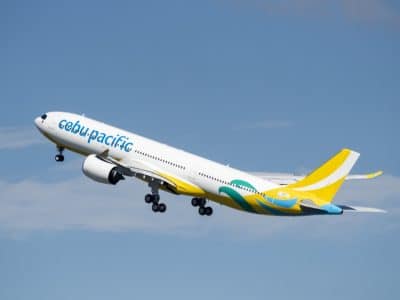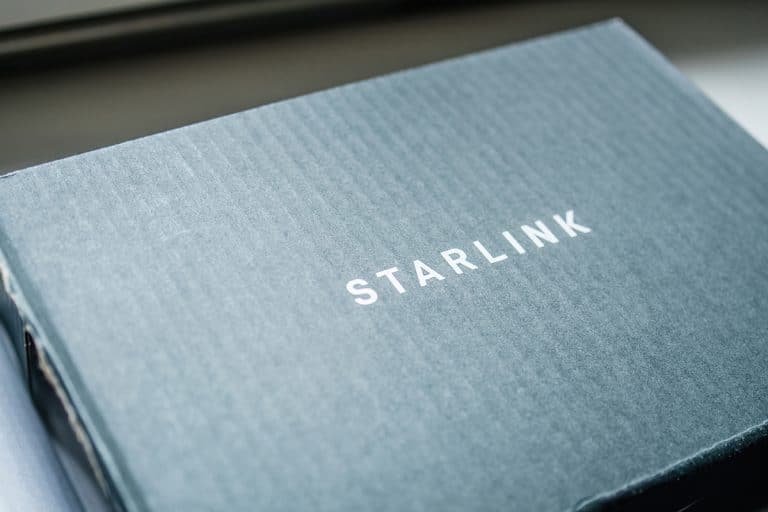Indian government’s move to allocate spectrum for satellite broadband administratively and not via auction is expected to lead to a price war between two heavyweights in the sector – Elon Musk and Mukesh Ambani.
Musk’s Starlink, a unit of SpaceX which has 6,400 active satellites orbiting earth to provide low-latency broadband to 4 million customers, has publicly expressed interest in launching in India, but its plans faced repeated regulatory roadblocks.
Ambani, who runs India’s biggest telecom company, Reliance Jio, had tried since last year to seek a “balanced competitive landscape” by demanding the auction route to allocate satellite broadband – a move widely seen aimed at keeping Musk at bay.
The Indian government said on Tuesday it will allocate spectrum for satellite broadband administratively and not via auction, hours after Musk criticized the auction route being sought by rival billionaire Ambani as “unprecedented.”
Sector experts opined that a spectrum auction would have required much more investment and deterred foreign players.
Having just lost a battle with Musk over the satellite spectrum allocation issue, Ambani could face a bigger challenge if Musk’s Starlink launches services in India and the two go head-to-head on price, Reuters reported.
Reliance, which has dominated India’s telecom sector for years, is now concerned that after spending $19 billion in airwave auctions it risks losing broadband customers to Musk, and potentially even data and voice clients later as technology advances, the report said, citing an unnamed source with direct knowledge of the issue.
Reuters said Reliance and Starlink did not respond to its queries.
The Indian government said its decision to allocate spectrum administratively to whoever applies for it is in line with global trends.
It has, however, not set a timeframe for when the process will start, though Musk’s Starlink has already applied for necessary permits.
Starlink’s entry into the Indian market would create a new battleground between the two billionaires on pricing.
Musk has thousands of operational satellites, while Reliance has partnered with Luxembourg-based SES Astra, which non-profit CelesTrak says has 38 satellites that Reliance plans to use.
With 42 million wired broadband internet users and 904 million telecom users on networks like 4G and 5G, India is the world’s second-biggest telecom market after China.





